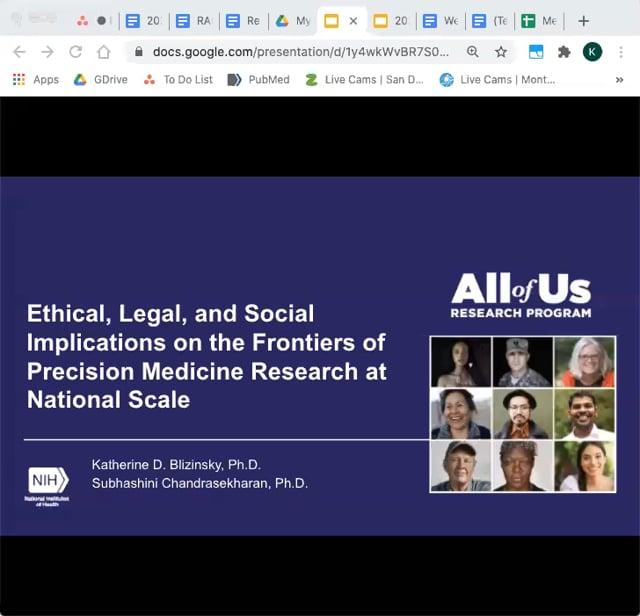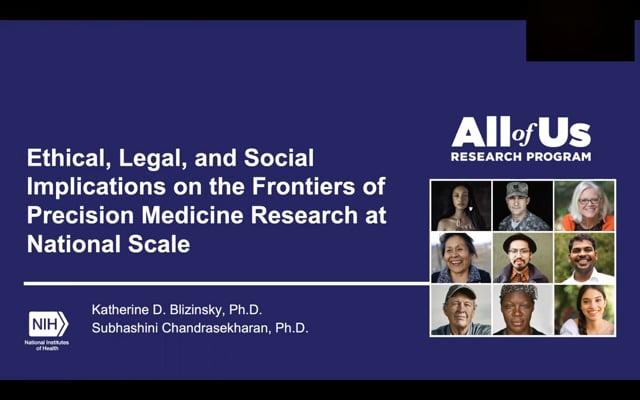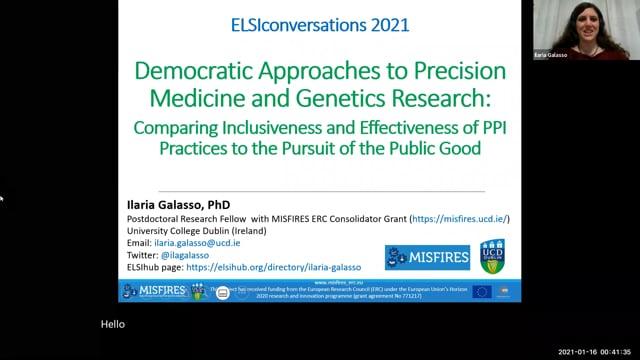Part 2. Assessing Access to Care in the Clinical Sequencing Evidence-Generating Research Consortium: Contexts and Challenges
Amanda M. Gutierrez, MPH - Baylor College of Medicine
ELSIconversations - April 16, 2021
The U.S. Department of Health and Human Services broadly defines access to care as: (1) entry to the health care system (usually through insurance coverage); (2) geographic accessibility to health care services; and (3) finding a trusted provider. Yet, this definition has not been consistently operationalized across diverse clinical settings, patient populations, and geographic contexts. This lack of consistency, coupled with the fragmented approach in the U.S. to health care finance and delivery, make this a particularly challenging and important area of research. The Clinical Sequencing Evidence-Generating Research (CSER2) Consortium, comprised of 6 clinical research projects with an overall research goal of broadening the evidence base for genomic medicine, is enrolling racial and ethnic populations that are underrepresented in research and individuals residing in medically underserved areas. This panel will present our experiences with defining and assessing access to care in CSER2. The moderator will describe how the CSER2 consortium developed measures to be administered at all sites to assess access to care. The panelists will present case studies from 3 of the sites, including Baylor College of Medicine’s Texas KidsCanSeq Study, the University of California San Francisco’s P3EGS Study, and the HudsonAlpha Institute for Biotechnology’s SouthSeq Study. Case studies will highlight common and distinctive challenges across the sites, and how variations in geographic, demographic, social, and clinical contexts shaped approaches to studying healthcare access. We will illustrate the challenges that should be anticipated and describe lessons learned when assessing access to care in genomic research and medicine.
Tags
Videos in Series
-
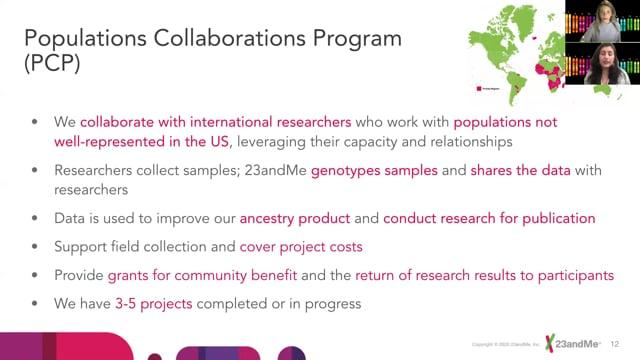
ELSIconversations 1: ELSIcon2020 - A Prospectus on Ethical Issues in the Context of Collaborations Between Academic and Non-academic Institutions on Genetics Research
-
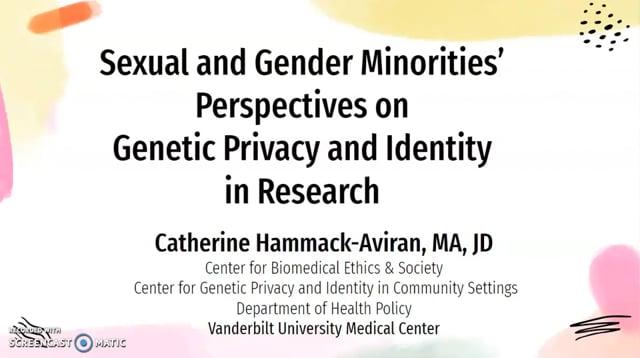
ELSIconversations 1: ELSIcon2020 - Sexual and Gender Minorities’ Perspectives on Genetic Privacy and Identity in Research
-
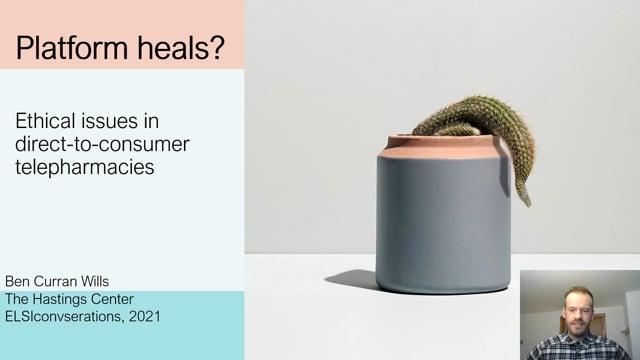
ELSIconversations 1: ELSIcon2020 - Platform Heals? Ethical Issues in Direct-to-consumer Telepharmacies
-
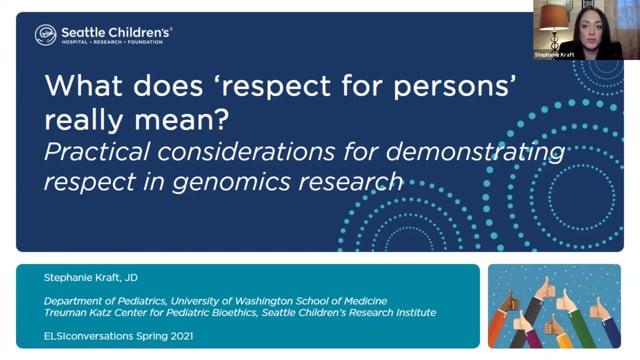
ELSIconversations 1: ELSIcon2020 - What does ‘respect for persons’ really mean? Practical considerations for demonstrating respect in genomics research
-
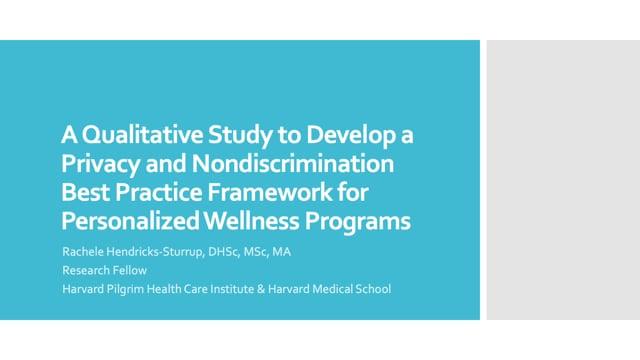
ELSIconversations 1: ELSIcon2020 - A Qualitative Study to Develop a Privacy and Nondiscrimination Best Practice Framework for Personalized Wellness Programs
-
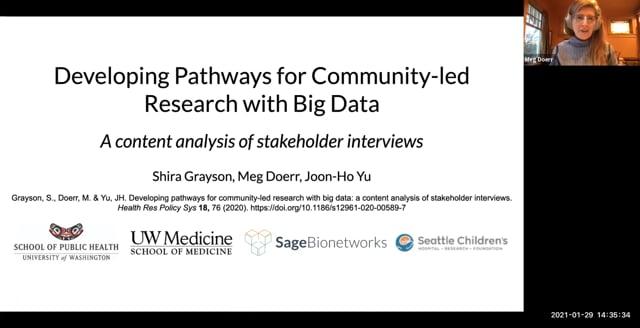
ELSIconversations 1: ELSIcon2020 - Developing Pathways for Community-led Research with Big Data: A Content Analysis of Stakeholder Interviews
-
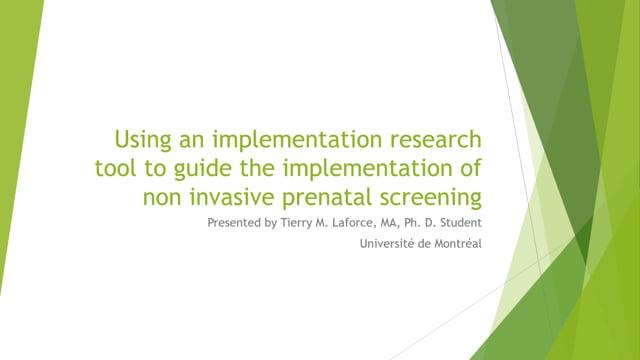
ELSIconversations 1: ELSIcon2020 - Using an implementation research tool to guide the implementation of non-invasive prenatal screening
-
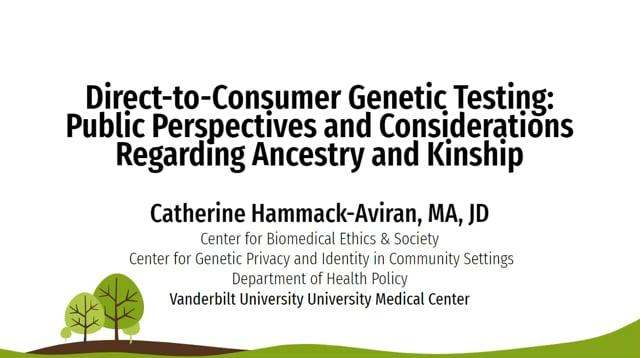
ELSIconversations 1: ELSIcon2020 - Direct-to-Consumer Genetic Testing: Public Perspectives and Considerations Regarding Ancestry and Kinship
-
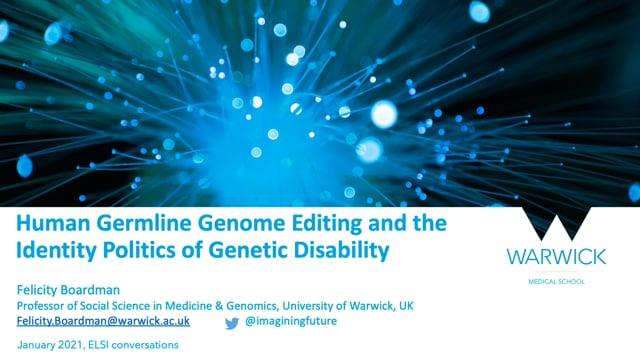
ELSIconversations 1: ELSIcon2020 - Human Germline Genome Editing and the Identity Politics of Genetic Disability
-
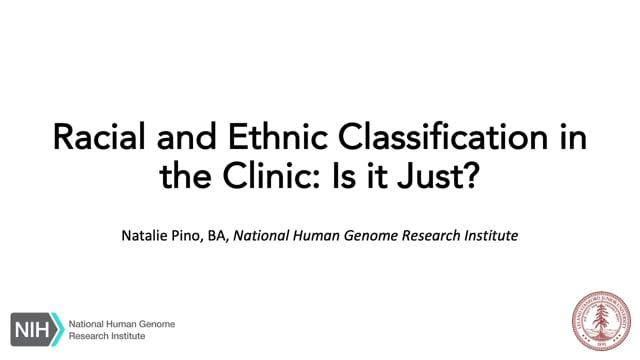
ELSIconversations 1: ELSIcon2020 - Racial and Ethnic Classification in the Clinic: Is it Just?
-
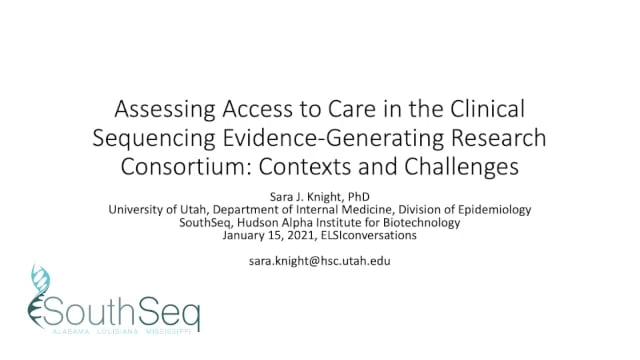
ELSIconversations 1: ELSIcon2020 - Part 4. Assessing Access to Care in the Clinical Sequencing Evidence-Generating Research Consortium: Contexts and Challenges
-
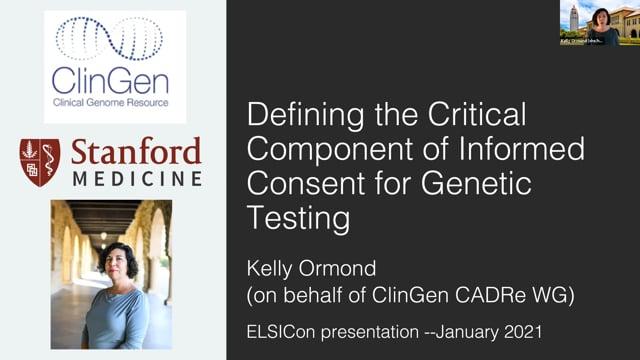
ELSIconversations 1: ELSIcon2020 - Defining the Critical Components of Informed Consent for Genetic Testing
-
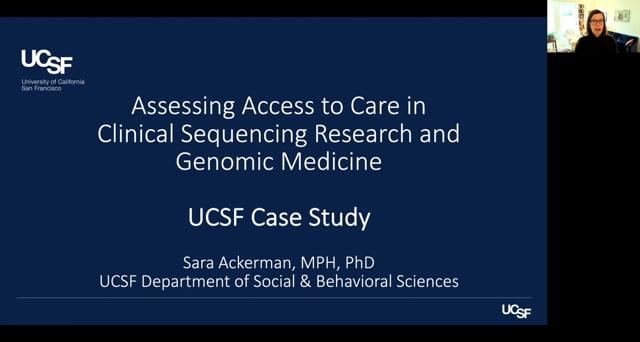
ELSIconversations 1: ELSIcon2020 - Part 3. Assessing Access to Care in the Clinical Sequencing Evidence-Generating Research Consortium: Contexts and Challenges
-
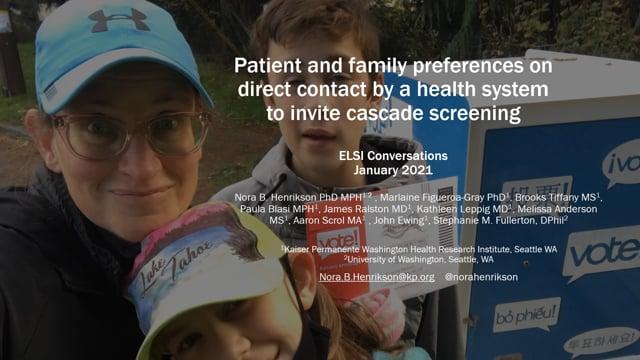
ELSIconversations 1: ELSIcon2020 - Patient and family preferences on direct contact by a health system to invite cascade screening
-
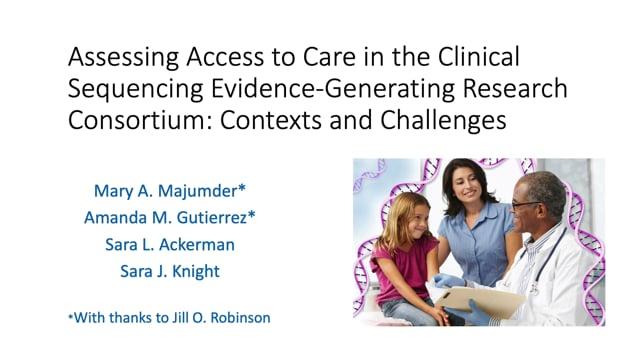
ELSIconversations 1: ELSIcon2020 - Part 1. Assessing Access to Care in the Clinical Sequencing Evidence-Generating Research Consortium: Contexts and Challenges
-
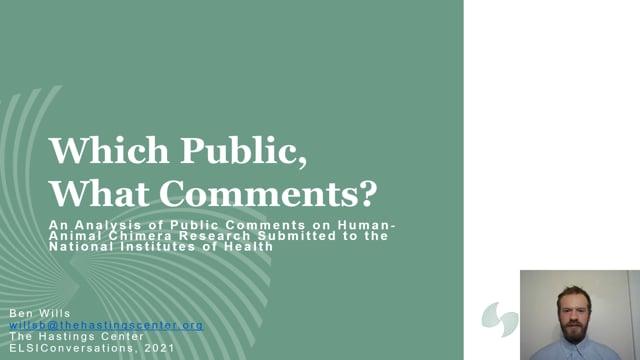
ELSIconversations 1: ELSIcon2020 - Which Public, What Comments? An Analysis of Public Comments on Human-Animal Chimera Research Submitted to the National Institutes of Health

